Submission of Final Paper Closes:
Registration Closes:
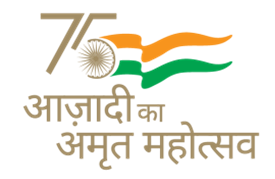
Azadi ka Amrit Mahotsav
Azadi Ka Amrit Mahotsav (AKAM) is an initiative of the Government of India to celebrate and commemorate 75 years of Independence and the glorious history of its people, culture and achievements.
The Official Journey of Azadi Ka Amrit Mahotsav commenced on March 12, 2021 which started a 75-week countdown to our 75th anniversary of Independence. Till date more than 1.74+ lakh official programmes have been done across all parts of India and the world as part of Amrit Mahotsav. There are nine themes of Azadi Ka Amrit Mahotsav which are aligned with the ‘Panch Pran’ announced by Hon’ble Prime Minister. These include Women and Children, Tribal Empowerment, Water, Cultural Pride, Lifestyle for Environment (LiFE), Health and Wellness, Inclusive Development, Aatmanirbhar Bharat and Unity.
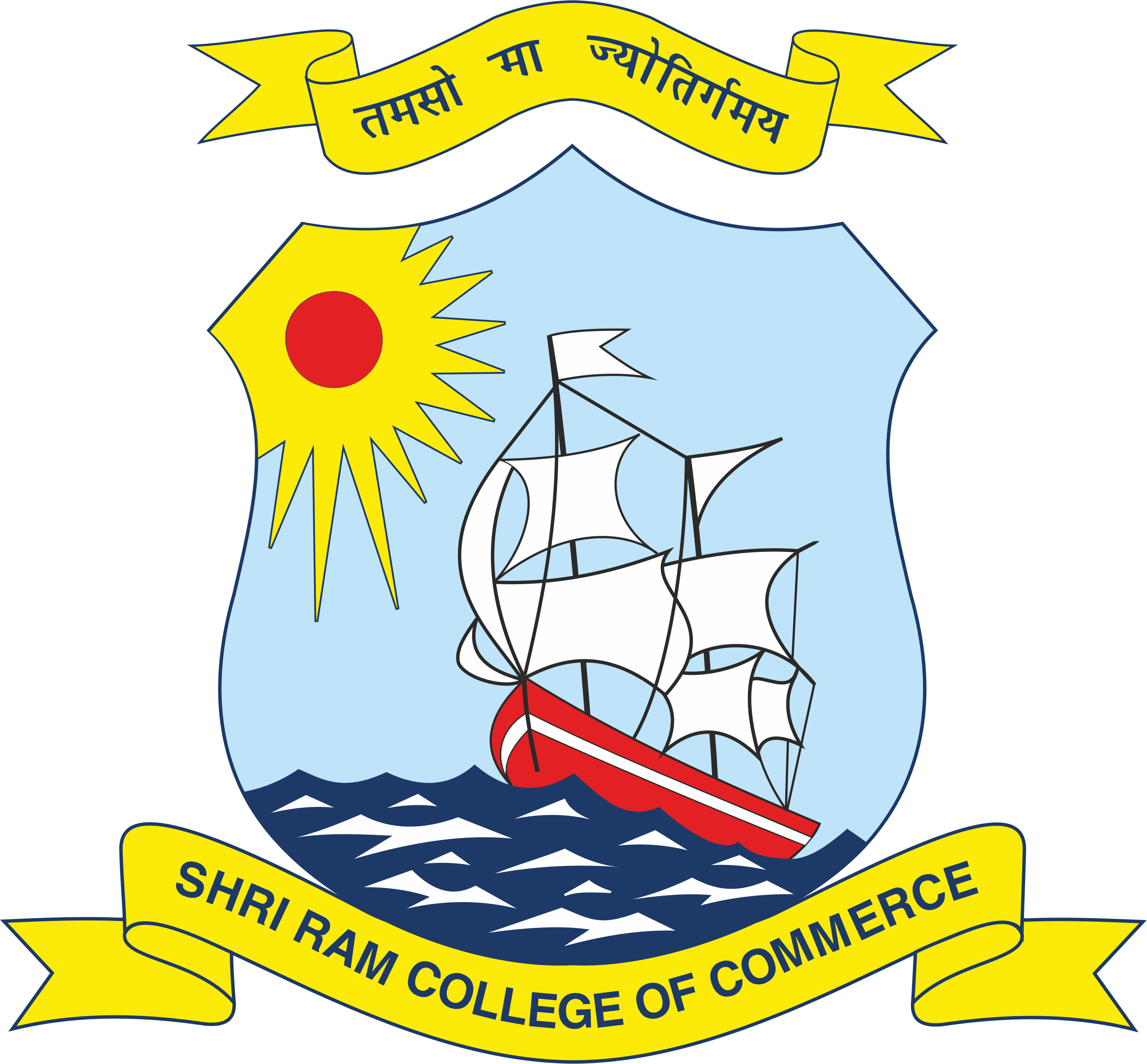
Shri Ram College of Commerce
Shri Ram College of Commerce, or SRCC, is India’s premier higher education institution in the fields of commerce, economics and management. Established in 1926 by the venerable Lala Shri Ram, eminent industrialist and philanthropist, the College is the preferred destination of higher studies for students pursuing commerce, economics or management. SRCC is consistently ranked as the Number One College of Commerce in India by renowned surveys such as India Today’s Best Colleges Survey, Week Hansa, Outlook ICare and the Open Magazine amongst others. SRCC was accredited with ‘A+’ grade in the first cycle of assessment and accreditation in 2016 and ‘A++’ in the second cycle in 2022 by National Assessment and Accreditation Council (NAAC).
With a Vision of being “A College of Global Choice” driven by a Mission of “Achieving and Sustaining excellence in teaching and research, and enriching local, national and international communities through the research, the skills of alumni, and the publishing of academic and educational materials”, Shri Ram College of Commerce aims at integration of the highest standards of quality in every aspect of its institutional functioning from imparting education to development of the nation.
Over ninety years of an ever evolving existence has enabled the College to specialise and excel extensively in the knowledge, application, value, principle, ethical, and society oriented delivery of the discipline of commerce, economics and management. As an enlightened institution of academic excellence, the College is devoted to enlarging, enhancing and enriching the horizons of academic, professional, personal and social growth of the global academic community and simultaneously engaging in broadening the scope of its institutional, social and, national outreach. In recent years, the College has expansively donned the role of academic institutional leadership and is enriching communities with its academic and research expertise. The College has several tie-ups and collaborations with eminent national and international institutions of higher education from countries such as USA, UK, Holland, Japan, Bhutan and Sri Lanka amongst others.
The Centre for Indian Economic History
Shri Ram College of Commerce
Given the immense importance of the subject matter of the India’s economic thoughts, philosophy, wisdom, history and tradition, and the relative lack of awareness and acknowledgement of the same, Shri Ram College of Commerce aspires to have a leadership role in creating and sustaining awareness, appreciation and discussions on the rich glory of India's diverse Economic History, Wisdom and Tradition. With this overarching vision, the Shri Ram College of Commerce established a Centre for Indian Economic History (CIEH, SRCC) towards developing and disseminating knowledge, research and related competencies on Economic History, Economic Thoughts and Economic Wisdoms of India. The CIEH, SRCC will undertake events and activities to reinvigorate research, discussion and discourse in Indian Economic History and Ancient Indian Economic Wisdom.
About the Conference
The Centre for Indian Economic History (CIEH) at Shri Ram College of Commerce is organising a Two-Day International Conference on “The Economic History and Economic Thoughts of India: Ancient Perspectives” at the Shridhar Shriram Auditorium of the College. The Two Day International Conference is being organised under the project sanctioned to the Centre for Indian Economic History, Shri Ram College of Commerce by Ministry of Culture, Government of India under the “Azadi ka Amrit Mahotsav (AKAM)”. The Kalam Centre is the knowledge partner for the Conference.
The Two Day International Conference is being proudly organised in the 100 Years Centenary of the University of Delhi also being celebrated in the 75th Year of Independence Celebrations: Azadi Ka Amrit Mahotsav and in the Year of India’s G20 Presidency.
The Two Day International Conference will have Distinguished Speaker Forum and Paper presentations invited through Call for Papers (CFP) and on proposed themes for the conference. In culmination, the Two-Day International Conference will comprise Keynote Addresses, Panel Discussions, Speaker Sessions and parallel Technical Sessions for Papers Selected through the Call for Papers including session only for research papers from UG/PG students.
Backdrop of the Conference
India’s economic growth story has been truly astounding. The economy of the Indus Valley Civilization, perhaps the most advanced ancient civilisation, is believed to have flourished significantly on trade. Citizens practised agriculture, domesticated animals, made sharp tools and weapons from copper, bronze and tin. There was a thriving maritime trade in terracotta pots, beads, gold and silver and coloured gem stones such as turquoise, lapis lazuli, metals, flints, seashells and pearls. Around 600 BCE, the Mahajanapadas minted punch-marked silver coins. The period of Ancient India was marked by intensive trade activity and urban development. In fact, from 1 CE all the way through the next two millennia up to 1700 CE, large scale industries such as mining, metallurgy, textiles, arts, and crafts flourished in India. Tracing the economic development and contribution of India during this period, Prof. Angus Maddison, renowned British economist, showed that India was the leading economic powerhouse of the world during this period of nearly two thousand years. His research, published by the Organization for Economic Co-operation and Development (OECD), placed India first on the list of nations with the country having such economic domination in the world economy, that India singlehandedly contributed nearly a fourth of the World’s GDP.
If India’s share in the world GDP was 30 % in Year 1 CE, as per Maddison’s research, it can be postulated that, in fact, India was enjoying already a very high degree of prosperity even prior to the Year 1 CE. This is evinced in historical records such as Records of the Economic History of Greco-Roman World which documents that nearly 2000 years ago, India was causing Roman Egypt to run out of its gold reserves by virtue of its surplus exports to Egypt and earnings in gold as returns. Another example in The historical records of the Indian Merchant Navy details that the Indian Merchant Navy possessed a fleet strength of 40,000 ships during Akbar’s reign and 34,000 ships before the British took over India. Even, the Bank of International Settlements’ (BIS) Annual Report 1934-1935 stated that between the years 1493 and 1930, India was accountable for absorbing 14% of the world's gold production indicating that India maintained the same level of export surplus over that entire period of time.
Yet during the British Rule, India's share of the world's GDP dropped significantly. Considering the level of economic prosperity India enjoyed and the sheer economic domination of the country in global trade, one may wonder,
What was the economic history of India during these periods?
How did India come to achieve such high level of economic development?
What were the policy measures adopted in a land, that even in ancient times, was characterised by its social diversity and vast geography?
What was the thought process behind the policy making in ancient India which led to high levels of economic development?
What were the economic perspectives that shaped the Indian economy in the ancient times?
The answers to these questions provide a deep and fascinating rationale into the study into economic history and economic thoughts of ancient India. The history of Indian economic thought offers fascinating insights into both economic issues and the policy making of ancient India. A study of the economic history of ancient India and ancient Indian economic thought would lead to a study of perhaps the world’s first progeniture of economic thought.
Equally fascinating and rewarding would be a study of the economic perspectives in Vedas, Upanishads, Ramayana, Mahabharata, Smritis, and Niti Shastras, particularly those of Manu and Shukra, which would provide for a detailed investigation into the ancient Indian economic thought. It may also be noted that early Indian economic thinkers such as Kautilya had sophisticated understanding of economics, with their ideas blending politics, ethics, and jurisprudence as evidenced in the Arthasastra and Manusmriti, two of the most well-known ancient Indian writings. Concepts such as dharma (righteousness, and truthfulness), varta (local economy), vasudha (land) and were central to Indian economic thought. Ideas such as charity and philanthropy, which are now being studied in welfare economics, were central to the idea of ancient Indian Economic thought as evidenced in the Rig Veda’s description of charity as a voluntary act, rather than a fiat as in Abrahamic religions and the Bhagwat Gita prescribing three kinds of charity, satwik (the one without expectations), rajas (given grudgingly with expectations and tamas (one provided with wrong causes and wrong times.)
It is said that science without history is like a man without a memory. The same stands true for economic sciences as well. While the country’s post-independence administration and economic planning reflects shades of ancient Indian economic thought and wisdom, there is a conscious need to flesh out the economic history of India and the economic thoughts that shaped this history. The relative lack of literature, discourse, research and awareness on the subject matter of economic history and economic thought of ancient India present a compelling opportunity to deeply study and acknowledge our ancient wisdom, especially in turbulent times. It also presents an opportunity to look both introspectively at the economic development of ancient India and to understand India’s vivid history as a “Vishwa Guru” by looking at India’s contribution to the world economy, and economics since ancient times.
Objective of the Conference
The broad objective of the Two Day International Conference is to foster deep cultural appreciation for India's rich Economic History, Wisdom and Tradition since Ancient Times in academia, students and general public and to reinvigorate research, discussion and discourse in Indian Economic History and ancient Indian economic wisdom.
Outcomes of the Conference
Through the Conference, knowledge and research repositories on the subject matter of Indian Economic History and ancient Indian economic wisdom will be created. Select papers will be published in a book commemorating the Conference by a renowned publisher. The research, discussions and deliberations of the Conference will create self-sustaining platforms for discourse and discussions on the subject matter of Indian Economic History and ancient Indian economic wisdom and build research acumen and competencies amongst researchers and academicians.
Themes of the Conference
Ancient India’s Economic History and Philosophies
Economic Systems and Economic Governance in Ancient India
Temple Economy and its Impact on Ancient Indian society
Economic Wisdom of Ancient Indian Scriptures
The State of Agriculture, Manufacturing and Services in Ancient India
Strategic and Conflict Economy in Ancient India
Public Policy in Ancient Indian Economy
Trade Economy of Ancient India
Sustainable Development and Environmental in Ancient Indian Economy
Human Capital: Demography, Labour, Health and Education in Indian Economic History
Governance and Institutions in Ancient India’s Economy
The Relevance of Kautilaya’s Arthshashtra in Modern Times
Culture and Economics
Speakers
The Conference will feature a "Distinguished Speakers Forum". The Distinguished Speakers Forum is envisaged as a platform for exchanging ideas, research, and experience on the themes of Ancient Indian Economic History and Ancient Indian economic wisdom. Therefore, Distinguished Speakers Forum will have prominent researchers, distinguished academicians and renowned personalities from India and aboard.
Tentative Speakers (More Coming Soon)
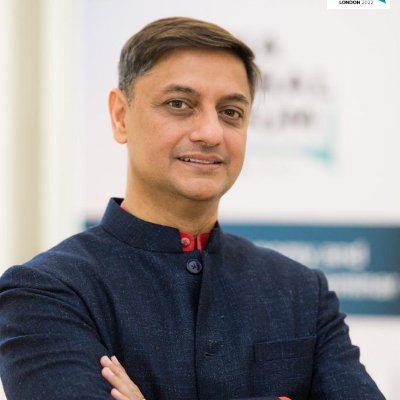
Mr. Sanjeev Sanyal
Member
EAC to Hon'ble Prime Minister
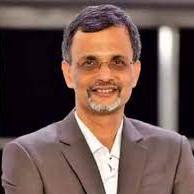
Dr. V. Anantha Nageshwaran
Chief Economic Advisor
Government of India
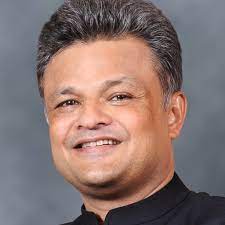
Prof. Satish Deodhar
Professor
IIM- Ahmedabad
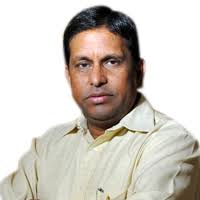
Prof. N. Ravichandran
Professor (Retd.)
IIM Ahmedabad, Former Director, IIM Indore
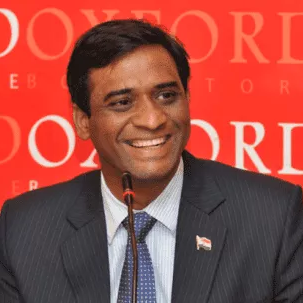
Dr. Radhakrishnan Pillai
Director
SPM Foundation
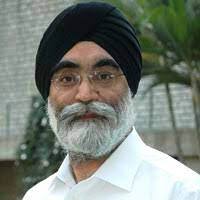
Prof. Charan Singh
Professor (Retd.) IIM-B, CEO and Founder Director
EGROW Foundation
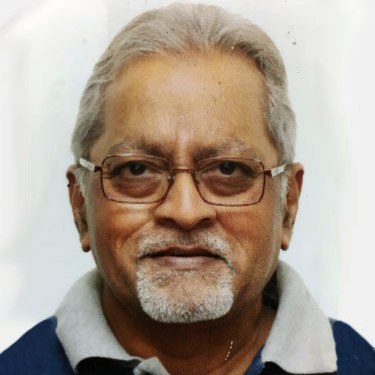
Prof. Ramnath Narayanaswamy
Distinguished Professor - Social Sciences
Flame University
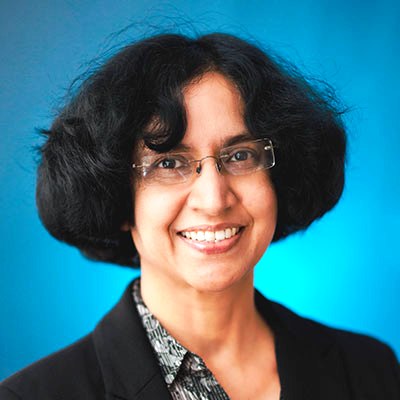
Prof. Lavanya Vemsani
Professor
Shawnee State University

Mr. Sriram Balasubramanian
Eminent Author, Kautilyanomics
Schedule
Coming Soon
Team
| Conference Director | Prof. Simrit Kaur Principal, Shri Ram College of Commerce |
|---|---|
| Convenor | Ms. Priyanka Bhatia Associate Professor, Shri Ram College of Commerce Coordinator, CIEH SRCC |
| Co-Convenor | Mr. Harish Kumar Assistant Professor Secretary, CIEH SRCC |
| Members | |
| Prof. Suman Bhakri, Professor | |
| Dr. Reena Chadha, Associate Professor | |
| Dr. Mallika Kumar, Associate Professor | |
| Dr. Surya Prakash, Associate Professor | |
| Mr. Sudhanshu Yadav, Assistant Professor | |
| Dr. Shashank Vikram Pratap Singh, Assistant Professor | |
| Mr. Amarjeet Singh, Assistant Professor | |
| Dr. Ravi Kant, Assistant Professor | |
| Dr. Monika Gaur, Assistant Professor | |
| Ms. Ankita Tomar, Assistant Professor |
Our Partners

Dr. A.P.J. Abdul Kalam Trust Foundation (Kalam Centre)
Dr. A.P.J. Abdul Kalam Trust Foundation (Kalam Centre) strives to create and implement mission-mode projects along with the mission and vision of Dr. A.P.J. Abdul Kalam (1931-2015), the 11th President of India. It aims to promote innovations, in governance, policy and social enterprises, enhance youth participation in national and international development and improve access to education and knowledge across various strata of society. Kalam Centre is the world’s largest NGO on social media with over 23 lakh volunteers and followers connected digitally from across the world.
Kalam Centre is an honorary knowledge partner of Centre for Indian Economic History, Shri Ram College of Commerce.
Call For Papers
Original Multi-disciplinary Research papers/articles are invited from students, researchers, academicians, practitioners, policy makers and public on the below themes of the Two Day International Conference on “The Economic History and Economic Thoughts of India: Ancient Perspectives” organized by the Centre for Indian Economic History, Shri Ram College of Commerce (CIEH, SRCC) under the projects sanctioned by Ministry of Culture, Government of India under the Azadi Ka Amrit Mahotsav
Contact Us
The Centre for Indian Economic History
Shri Ram College of Commerce
University of Delhi
Delhi-110 007
ciehevents@srcc.du.ac.in